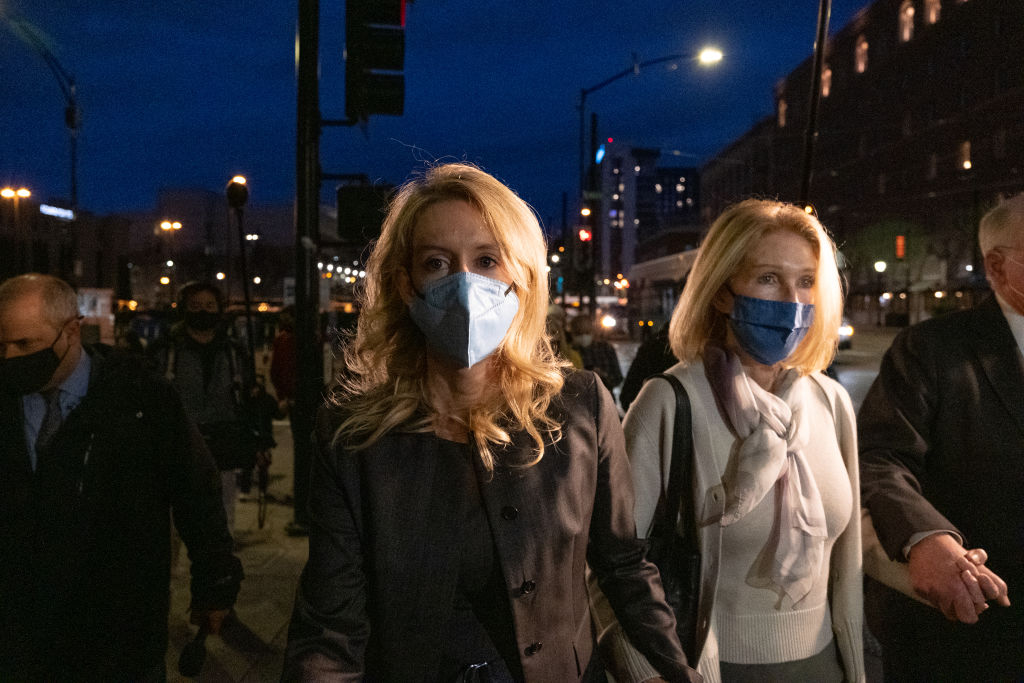What Is Included in a ‘Life of the Mother’ Exception to an Abortion Ban?
In the wake of the U.S. Supreme Court overturning Roe v. Wade, almost half of the states have either already banned or are expected to ban abortions within their borders.
For some of these states, the laws have exemptions for special circumstances such as rape, incest, or the health of or a risk to the mother’s life. However, the language of these laws is sometimes so vague and different across state lines that it can be difficult to decipher what is actually correct and what constitutes an exemption in your state.
Language of the Law
The difference in medical emergency exemptions is in the way the law is written. If the exemption is for the “health of the mother,” then there is a bit more leeway as to why a doctor performed or suggested the operation.
If the exemption is for the “life of the mother,” then there is a lot more at stake legally. Proving that a woman would have absolutely died without an abortion is a difficult burden to overcome because the risks aren’t always clear.
In most cases, doctors would need to check with the hospital lawyer and make sure that they have the right documentation to prove that an abortion was absolutely necessary to save the mother’s life. Doctors in states where abortion is banned or heavily restricted must now weigh whether they are at risk of criminal penalties if they perform an “unnecessary” abortion.
In testimony before the U.S. Senate Judiciary Committee, a doctor who provides abortions in Illinois said that doctors in nearby Missouri are having “to wait until their (patients’) blood count drops or until their vitals are unstable” before being able to perform an emergency abortion.
If doctors feel they cannot perform the procedure, they may be able to help you find a clinic that can conduct the procedure legally. This may mean traveling out of state. But, again, that is up to the discretion of the doctor and their clinic’s legal team.
Rape and Incest
In many states with outright bans on abortion, the exemptions only fall in line with the health or life risk of the mother. When it comes to rape or incest, there is still a lot of support for these exemptions, but many lawmakers are moving toward only health-related exemptions.
However, those states that do include rape or incest exemptions are vastly different too. In some states, you would be required to file a police report in the event of a rape or incestual assault to prove that your abortion was legally exempt from criminal charges. In those states where the specifications are unclear, the discretion falls on the doctor.
What Can You Do?
Because each state’s abortion exemptions are so vastly different, the most exact information you will receive is from your state and city lawmakers and enforcers. The most you can do to be aware of your state laws is to pay attention to these officials.
For example, in Wisconsin, an old abortion ban has been reinstated, but the state attorney general said he will not enforce the law, even though abortion clinics are closing down throughout the state.
Conversely, Utah’s abortion ban exempts cases of rape, incest, cases of fatal fetal anomaly, or to save the life of the mother. Texas will ban all abortions except to protect the life of the mother.
But just this week, U.S. Health and Human Services Secretary Xavier Becerra announced that federal law preempts state law when it comes to protecting the life of the mother. He said that the Emergency Medical Treatment and Labor Act, a 1986 law that guarantees access to emergency care for all, covers abortions. This will surely spark more legal wrangling between the federal government and the states.






